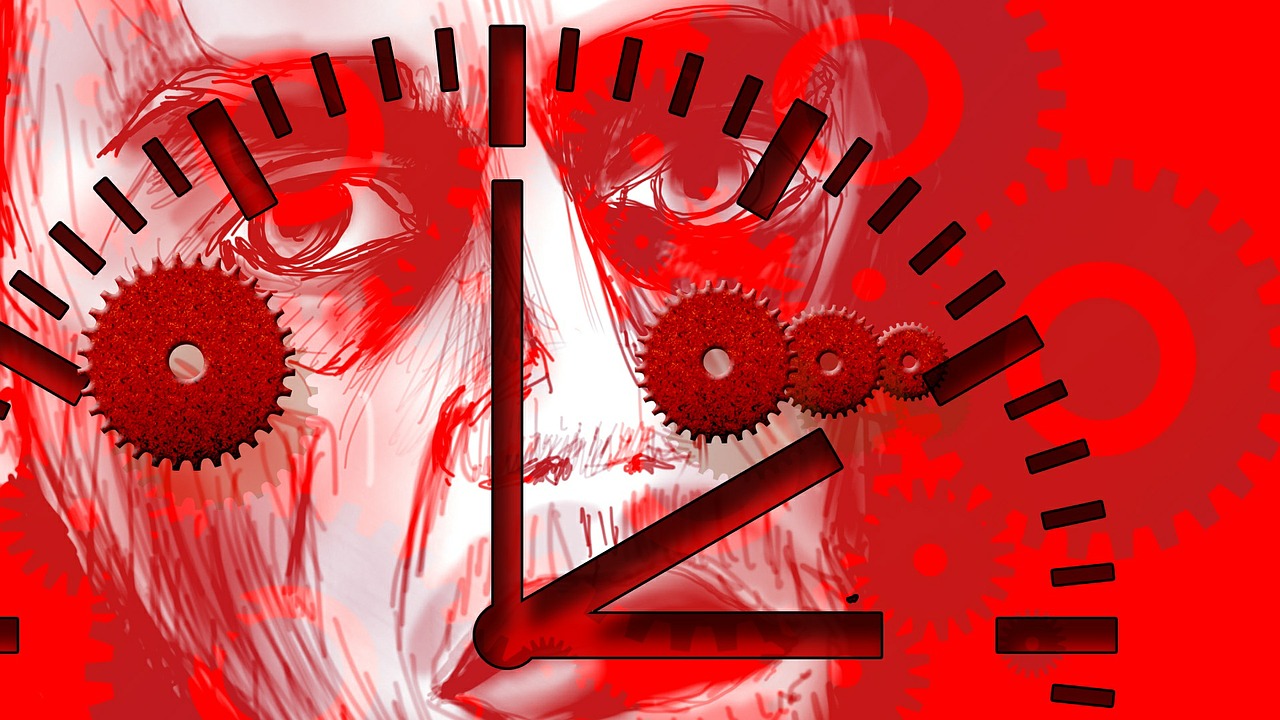We’ve all been through real tough times last year. Some lost their jobs and were left to fend for themselves, some lost their loved ones, and I by and large lost my faith in our education system.
Universities were shut down in the month of March, and everything has been online ever since. Classes, assignments, projects, more assignments and, of course, examinations. Now, do not misquote me, I do thoroughly understand the importance of exams. What I don’t understand is the lack of empathy when it comes to the execution of the same.
Take my university for instance. I’m a third-year law student at a national law school. We had our mid-term exams during the last week of November, we submitted our research papers in the third week of December, and we now have our end-term exams. We also had classes all through December, including Sundays.
On top of that, we are expected to excel all the time – which adversely affects our mental health. And even as our emotional well-being continues to crumble, our own folks deliberately overlook it and instead brush it aside as ‘teen angst’. This constant pressure has prompted many students, especially teenagers, to take their lives, as is evident with the rising suicide rates among young adults in the country.
As soon as parents find that their kids aren’t doing well in class, they immediately rush them to private coaching centres instead of getting to the root cause of the problem. Eventually, students are pushed into an extremely competitive environment where the scope of growth and development is limited. Even during the pandemic, schools and colleges haven’t been considerate of students’ mental health.
Also read: Bilaspur: Perils of Online Education in Primary Schools
In September 2020, the Student Federation of India (student wing of the Communist Party of India) had conducted a survey on the digital divide in online learning. According to the survey, 27.5% of the students said that they did not have access to a laptop and 39.4% said that they did not have a decent internet connection. In Kerala alone, over 110 students took their lives between January and June last year. However, like always, no concrete steps have been taken to relieve the mounting stress.
Most of my law school mates are not from metropolitan cities. They endure power cuts, unstable internet connections and lack of other resources. In spite of all that, colleges ask us to give time-bound proctored exams, write research papers, and attend classes daily for four hours.
In order to put it all down in numbers, I decided to conduct a short survey among my peers. More than 50 students from my school took part in the survey, which you can find here. I kept the survey very basic with a few simple questions – I asked if they have wifi router at home, if they have a stable internet connection throughout the day, so on and so forth. About 63% of the participants said they do not have a stable internet connection all through the day and about 50% said they do not have the router. Imagine giving three-hour online exams daily like that.

The results of the survey.
It’s a shame to say that even in a national law school, things are not very different. The goal at the end of the year is always going to be acing exams, and never what a student is actually going through to achieve that. I won’t make the mistake of just blaming my university administration for being inconsiderate. I firmly believe that the issue lies at the core of how the Indian education system treats its students. With that, here’s looking forward to the quality of legal counsel we shall one day provide.
Note: Thank you to all the seniors and classmates who took part in this survey.
Srishti Ray is a third-year law student at one of India’s national law universities.
Featured image credit: Gerd Altmann/Pixabay

